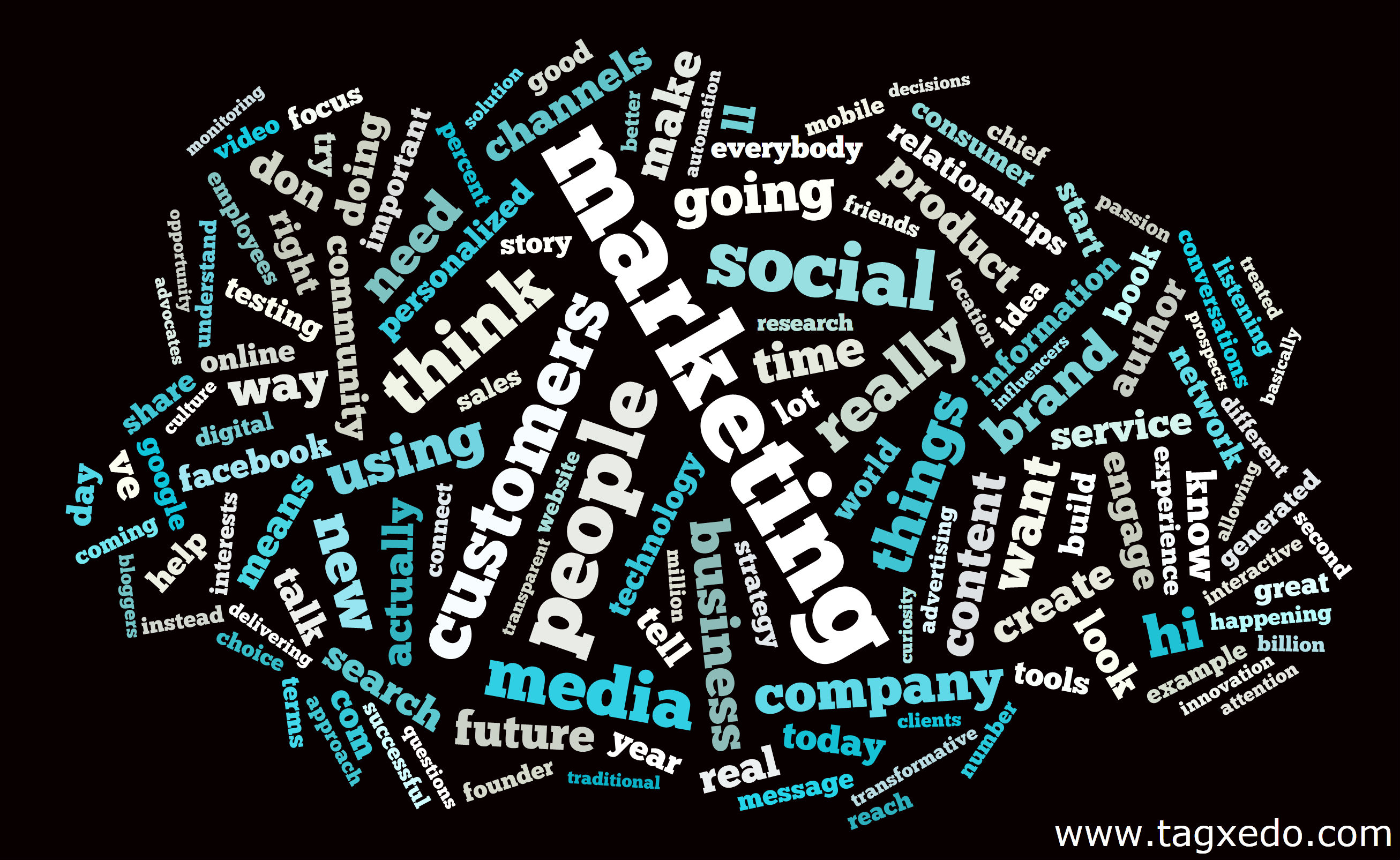No Future In Marketing?
Jonathon Porritt, the leading environmental campaigner and founder of Forum for the Future has said that “the cumulative impact of billions of corporate dollars, spent marketing their products, year after year after year, stimulating, reinforcing and exacerbating people’s consumerist fantasies, is almost wholly pernicious… today’s marketing spend constitutes a major impediment to achieving a more sustainable society”.
Phew! Consumerist fantasies, pernicious and a major impediment – should I resign now for the sake of my children and future generations? Should I feel guilty and be embarrassed to call myself a marketer? aristotle once said that the two noblest professions are teaching and politics. I wonder what he would have made of marketers. And yet don’t marketers have something in common with teachers and politicians in that we’re imparting knowledge (or information at least) and proposing a course of action which is mutually beneficial. or is it? If we say that yoghurt is 0 per cent fat, but fail to emphasise that it is high in sugars, are we contributing to the greater good? It can be argued that it is mutually beneficial. After all, we only sell more yoghurt because people like them. Selling something people don’t like and won’t return to buy again is not the route to a marketing award. And like some politicians, we are not trusted. Is it because we say things which are patently untrue, or our promises fail to deliver?
In the case of our 0 per cent yoghurt, did we fail to deliver? What was the promise: healthy yoghurt, or a desert which is simply healthier than others? Can we not attribute some common sense to our customers? as a member of the Chartered Institute of Marketing, I’d like to think of myself as being a professional marketer. In this context, ‘professional’ could mean qualified, experienced and keeping up-to-date. Qualifications on their own aren’t enough. I qualified in marketing in the 1980s. Things have changed out of all recognition since then, although having a great product or service and happy customers remains a constant. The first generation of iPhones was launched just over six years ago. Who could have known then that a ‘phone’ would be our wallet, our boarding pass, and so much more? Experience on its own may not be enough. You may have long experience of getting it wrong, of not being aware of a better way of doing things. You may be able to demonstrate a great track record, but could it have been even better? as they say for financial products “past performance is not a guide to the future”.
So does ‘professional’ simply mean being effective or is there more to it than that? Is it about standards and ethics? What should be the moral compass for marketers? there’s a native american saying along the lines of “We do not inherit the Earth from our ancestors; we borrow it from our children”. the ‘fast buck’ is no longer acceptable. All business must consider three ethical questions. What is the intent? how are you doing what you’re doing? What are the outcomes of what you do? high standards of quality and integrity are vital to the success of the marketing profession. So maintaining, developing and setting standards within the industry are a key part of the Chartered Institute of Marketing’s work. All our members are expected to adhere to our Code of Professional Practice, which requires marketers to be honest, legally compliant and up-to-date. Back to Jonathan Porritt’s statement, do solar panels sell themselves? are marketers not involved in promoting Fairtrade goods? are charities devoid of marketers on their staff? Can consumers rely solely on word-of-mouth (in effect social media) to learn about innovative products which meet their needs and have less of an impact on the environment than previously-used products? Marketers are by definition close to their customers. They are the channel through which customers’ needs and wants are communicated because marketing communications are two-way. Without doubt professional marketers are part of the solution, not part of the problem. Trust me, I’m a professional marketer.
Source: irishnews.com




